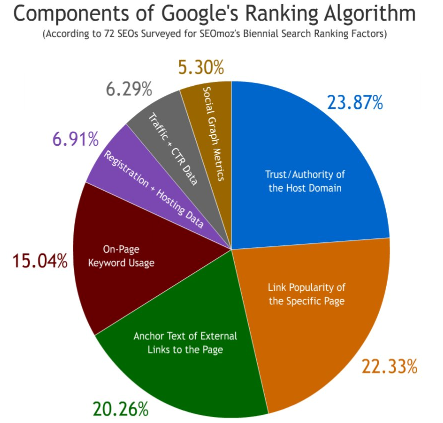The web search engines. How does it really work?
23/09/2020 · Explorers, Software, Technologies · By Uriel Álvarez
These web search engines have existed since the last century, however, from the 2000s is when they had their most important boom. Companies like Yahoo are the ones that started using search algorithms that helped the user to find specific topics when typing it in said search engine, however it was the company called “Google”, founded by Larry Page and Sergei Brin, who created a algorithm called "PageRank" which works by identifying patterns on the pages of interest to each person. This means that Google analyzes what surrounds you, places, people, the context in which you find yourself, etc. to show the most relevant information according to your interests. According to the official Google page, this algorithm is based on searching for the words that are written in the search engine, in billions of documents that are stored in databases (belonging to google), which are displayed at the beginning according to the number of "clicks" they have. For example: When someone searches for the word "Orange", different results can be shown, but, if previously oneself or people who are in the same context, searched for the same thing but referring to the fruit, google analyzes that information and shows the fruit as relevant article (at the beginning) and then show other meanings of the same word. Everything is thrown accordingly to your searches and to the "clicking" of the people around you in the same social context.

Graph of the main components analyzed by the "PageRank" algorithm In the age in which we live, not only a search engine like "Google" handles this type of algorithms. Another well-known platform that uses similar search tools is “Facebook” which shows on the “Home” page the most “clicked” content by those around you, shows pages and content of your friends according to your interests, according to the pages that you read and your most frequent friends.
However, not everything is rosy, since when the pages use tools like this, users do not have access to a large part of the total information that exists on the network. On facebook, when they show you only your interests, you are limited to things that could also be of interest to you. For example; When you stop reading content posted by a friend, Facebook, without asking, stops showing that friend's posts, causing that friend to lose follow-up.
As we can see, there are many advantages but also disadvantages in the way that search engines work, however we have to admit that they have made our lives much easier since they began to exist.





